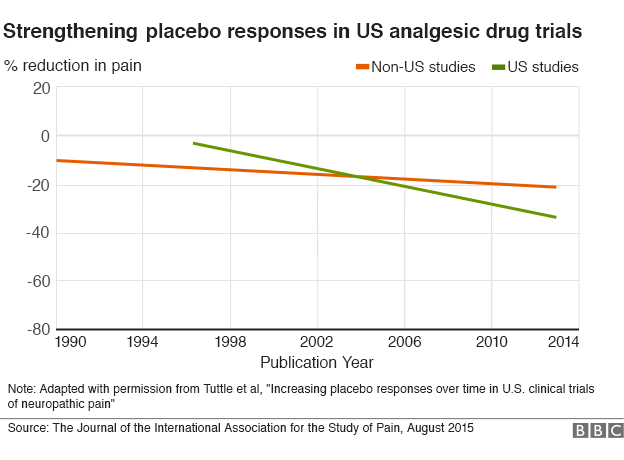The Ethics of Prescribing Worthless Treatments
Is it ever ethical for a physician to prescribe a treatment to a patient that they know to be entirely without efficacy? Is it ever possible to do this without deceiving the patient to some degree? I think the answer to both questions is a clear “no.” Within the flipped reality of “alternative medicine,” however, it suddenly becomes acceptable to deceive patients...
CRISPR and the Ethics of Gene Editing
If you have not heard of CRISPR yet, you should have. This is a truly transformative technology that allows for cheap and easy gene editing. It makes a powerful technology easily accessible. Powerful biological technology, like stem cells to give another example, always seem to provoke profound hope and fear. The ability to manipulate human biology comes with it the hope of...
Exercise and Memory
There is no escaping the evidence that regular moderate exercise is associated with a host of medical benefits. Among those benefits are perhaps improved memory and cognition, and questionably a decreased risk of developing dementia. The latest study to show this correlation involved younger and older adults who wore a step-monitor. The number of steps they took during the study interval was...
US Department of Justice Goes After Supplements
It is shaping up to be a good year for those of us advocating more effective regulation of supplements and unproven therapies in the US. The Food and Drug Administration (FDA) is reviewing its regulation of homeopathy, and recently also announced it is taking public comment on its regulation of the term “natural.” The Federal Trade Commission (FTC) is also reviewing the...
Information Literacy and the Number Needed to Treat
Increasingly people are accessing healthcare information in order to make decisions for their own health. A 2010 Pew poll found that 80% of internet users will do so for health care information. This presents a huge potential benefit, but also a significant risk. Information literacy Daniel Levitin talks about the need for public information literacy, something we also discuss frequently here on...

Whole Body Cryotherapy
Last week a Hawaiian woman living in Las Vegas, Chelsea Ake, was found dead in a cryotherapy chamber where she works. Apparently she was using the chamber unsupervised and accidentally locked herself in or passed out, and was found 10 hours later. Her death, of course, is tragic and we have nothing but sympathy for her and her family. The event, however,...

Are Placebos Getting Stronger?
A new study looked at clinical trials for neuropathic pain over the last 23 years and found that the response of subjects in the placebo group has been increasing over time, but only in the United States. The cause of this increase is unknown, and has provoked a fascinating discussion about the nature of placebos and their role in medical research. What...
Whole Body Vibration Therapy
When skeptics hear the term “vibration” a red flag goes up, because that is a common term used in pseudoscientific jargon. Vibrations are often used to refer vaguely to energy or some physical or even spiritual property that cannot be detected, and is used in a hand-waving manner to explain extraordinary claims. Vibrations, however, are also a real thing, referring to physical...
Open vs Blinded Peer-Review
The overall goal of science-based medicine is to maintain and improve the standard of science in the practice of medicine at every level. At the heart of the scientific basis of medical knowledge and practice is a process known as peer-review. We have occasionally written about peer-review on SBM, and once again the process is under the microscope over a specific question...

